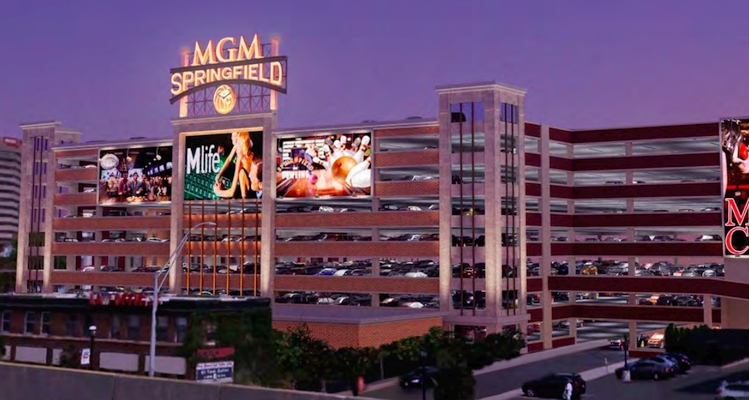MGM Resorts International has been unhappy ever since Connecticut’s Mashantucket Pequot and Mohegan Sun tribes proposed to build a new tribal casino near the Connecticut and Massachusetts state border. The tribes decided to join forces and develop a new casino off tribal land in order to compete with $950 million MGM Springfield casino in Massachusetts.
MGM Springfield was looking to capitalize on the casino’s close proximity to the Connecticut state border and woo gamblers across state border lines. Connecticut legislators decided to authorize the new tribal casino as it would help to keep gambling revenue in the state and also prevent a loss of jobs.
Although Connecticut’s state legislature is yet to approve the new casino and a casino site is yet to be finalized, MGM Resorts already filed a lawsuit against the state of Connecticut stating that it wasn’t against the new tribal casino but it was opposed to the process that the state used to sanction a casino on non-tribal land. MGM has turned on the pressure in the last couple of months after legislators in Nevada, MGM’S home state decided to propose an amendment to the federal defense bill.
The move came as a surprise to many as the amendment will also prevent tribes from developing casinos on non-tribal land. Connecticut Senators Chris Murphy and Richard Blumenthal had to team up to oppose the amendment from MGM. Murphy stated that MGM was looking to use every possibility to stop the tribal casino project from proceeding but introducing an amendment to the defense bill in order to stop a local project was pretty extreme step.
In a statement, Andrew Doba, a representative of the two Connecticut tribes said “MGM’s shameless tactics are well-documented. They will say anything, do anything, spend anything to protect their bottom line. And if they’re successful in Connecticut, more residents will find themselves in the unemployment line.”
Alan Silver who works at Ohio University and is an expert on the casino industry stated that he wasn’t surprised at the lengths that MGM Resorts was willing to go to because there was a lot at stake and also due to the fact that it made sense for MGM to examine if Connecticut had been fair with the casino licensing process. Clyde Barrow, the general manager of Pyramid Associates, a consulting firm in Massachusetts stated that MGM’s tactics were beyond anything that he had witnessed in the nation till date.
MGM Resorts has also challenged a closed door meetings organized by Connecticut’s state airport authority who initially considered the possibility of allowing the casino to be developed at Bradley International Airport, which is not very far from the MGM Springfield project. The state’s airport authority withdrew the site from consideration last month.



